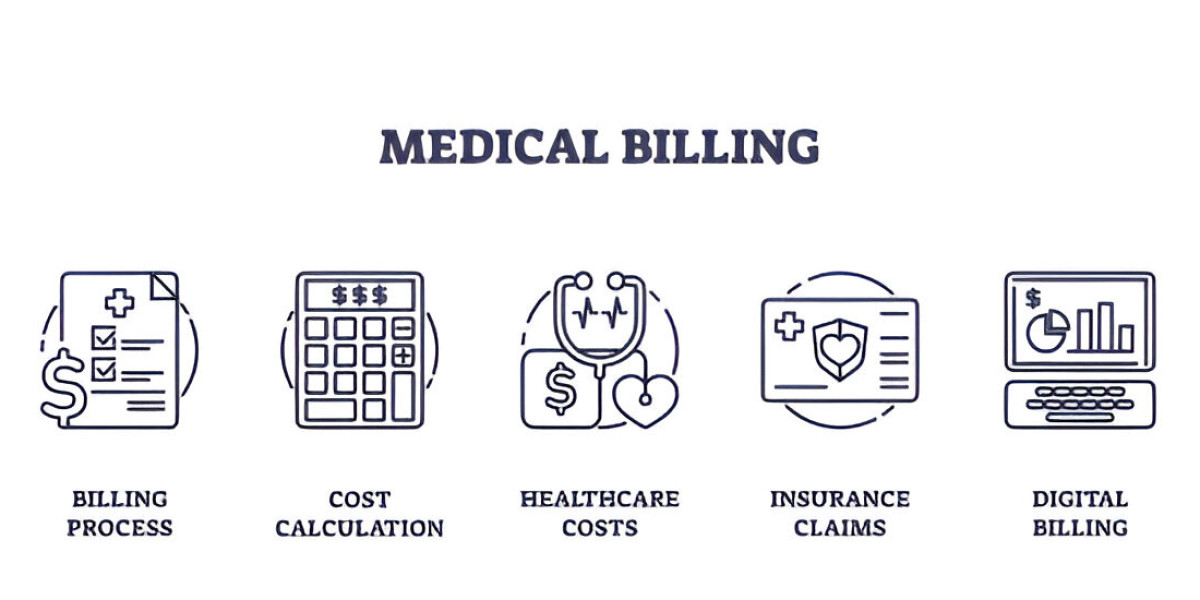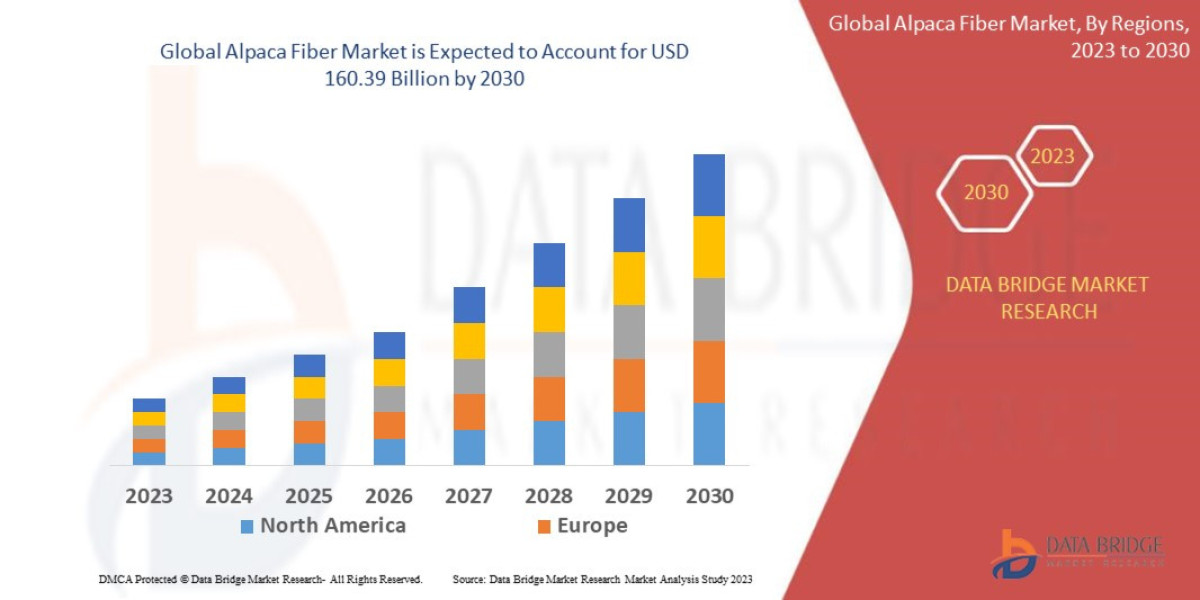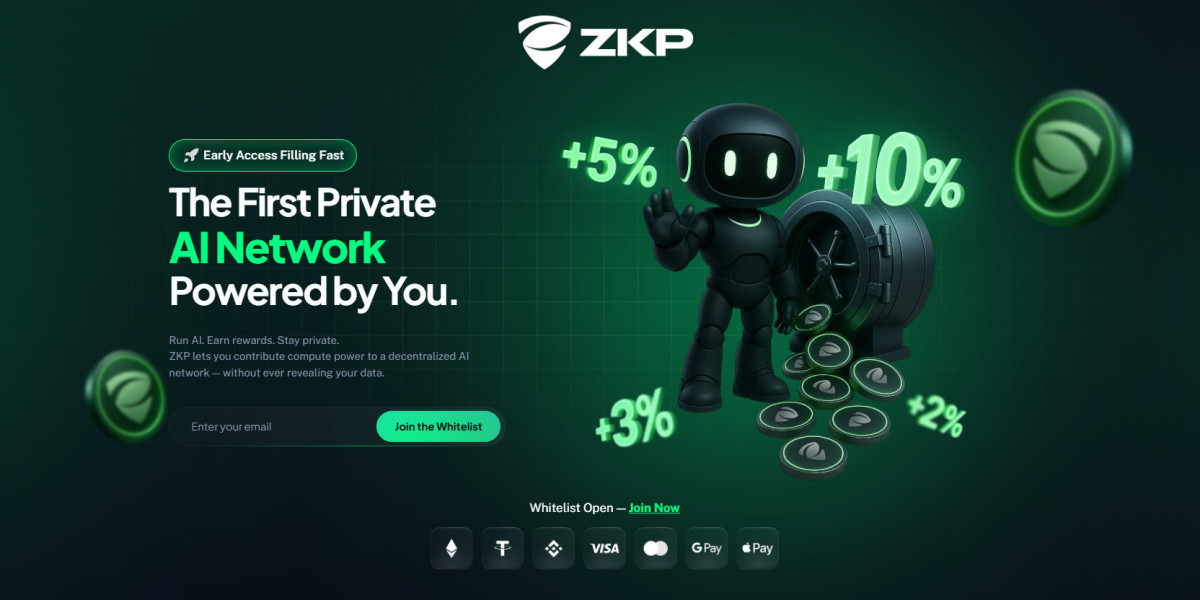Introduction: The Critical Role of Expert Billing in High-Pressure Healthcare Environments
Urgent care centers and hospitalist providers operate at the front line of patient care, delivering time-sensitive, high-quality treatment to diverse patient populations. While the clinical side is fast-paced and unpredictable, the financial side—billing and revenue cycle management—demands precision, compliance, and speed.
Unlike primary care, urgent care and hospitalist services involve high patient turnover, variable visit complexity, and a wide range of insurance and payer rules. Without expert billing solutions, providers face revenue leakage, claim denials, and delays in reimbursement—issues that can undermine operational stability.
1. Understanding the Billing Complexities of Urgent Care and Hospitalist Services
1.1 Urgent Care Billing Challenges
Urgent care centers see patients with varying levels of acuity—ranging from minor injuries to complex emergencies—and bill for services that may overlap with primary care, emergency medicine, or occupational health. Challenges include:
Walk-In Volume Variability – Patient flow changes daily, affecting billing workload.
Wide CPT Code Range – From simple E/M codes (99202–99215) to complex procedures and diagnostics.
Multiple Payer Types – Commercial insurance, Medicaid, Medicare, workers’ compensation, and self-pay.
Urgent Authorization Needs – Some payers require real-time verification for imaging or specialty procedures.
1.2 Hospitalist Billing Challenges
Hospitalists provide inpatient care, managing acute medical conditions and coordinating with specialists. Billing complexity arises from:
Daily Rounds Billing – Each hospital day requires accurate coding for E/M services.
Transitions of Care – Properly coding admissions, discharges, and follow-up visits.
Hospital-Specific Coding Rules – Each facility may have unique documentation and billing protocols.
High Documentation Volume – Multiple notes per day, per patient, requiring precise ICD-10 coding.
2. The Need for Expert Billing Services
Both urgent care and hospitalist billing services providers benefit from billing teams that understand specialty-specific requirements and state/federal regulations.
Expert billing services deliver:
Accurate Code Selection – Reduces denials by matching clinical documentation with correct CPT and ICD-10 codes.
Faster Claim Submission – Improves cash flow and shortens days in A/R (accounts receivable).
Denial Prevention Strategies – Identifies payer-specific rules to prevent repeat rejections.
Regulatory Compliance – Ensures HIPAA and CMS adherence to avoid penalties.
3. Essential Billing Strategies for Urgent Care Providers
Real-Time Eligibility Verification – Confirms coverage before services are rendered.
Accurate E/M Level Selection – Prevents underbilling or overbilling for patient visits.
Point-of-Service Collections – Encourages upfront payment for copays and non-covered services.
Urgent Authorization Protocols – Streamlined workflows for rapid pre-approval when needed.
4. Essential Billing Strategies for Hospitalist Providers
Detailed Daily Documentation – Supports accurate coding for each inpatient encounter.
Proper Transition Coding – Using correct discharge, transfer, and follow-up codes.
Concurrent Chart Audits – Ensures coding accuracy before claim submission.
Coordination with Facility Billing Teams – Avoids duplication or missed charges.
5. Technology in Expert Billing
Technology-driven billing systems help urgent care and hospitalist practices increase efficiency and revenue.
Key Features:
Integrated EHR and Billing Software – Ensures clinical and billing data flow seamlessly.
Automated Claim Scrubbing – Flags coding and documentation errors before submission.
Analytics Dashboards – Tracks KPIs like denial rates, reimbursement timelines, and provider productivity.
Secure Patient Portals – Simplifies payment collection and statement delivery.
6. Compliance and Audit Preparedness
Expert billing teams ensure that hospitalist and urgent care billing services providers remain audit-ready by:
Following Medicare and Medicaid guidelines.
Using payer-specific coding manuals.
Maintaining detailed audit trails for all claims.
Updating billing processes in response to policy changes.
7. Case Studies in Expert Billing Success
Urgent Care in Illinois:
By implementing automated eligibility checks and optimized coding workflows, a busy urgent care reduced claim denials by 42% in six months.
Hospitalist Group in Ohio:
Outsourcing to a specialist billing team improved revenue by 27% and cut A/R days from 46 to 21.
Conclusion: Turning Complexity into Profitability
Urgent care and hospitalist billing require a deep understanding of coding rules, payer policies, and compliance regulations. By leveraging expert billing services, providers can minimize errors, accelerate payments, and focus entirely on delivering patient care.
In high-pressure healthcare environments, financial precision is just as important as clinical precision—because a strong revenue cycle is the backbone of a sustainable, thriving practice.













